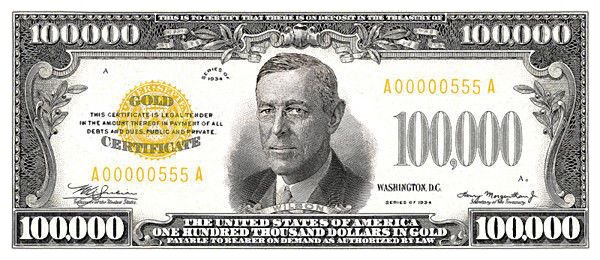
Filed on Thursday in the U. S. District Court for the District of Columbia, the complaint names the Department of Homeland Security, the Department of State, and their top officials as defendants. The Chamber contends that the presidential proclamation enforcing the fee exceeds executive authority, flouts the Immigration and Nationality Act, and imposes a financial burden far beyond what processing costs would justify.
The proclamation, issued by President Trump on September 19, 2025, requires employers seeking to file new H-1B petitions between September 21, 2025, and September 21, 2026, to pay the $100,000 fee. It makes exceptions only when the Secretary of Homeland Security determines a case is in the national interest. The Chamber’s complaint argues that this sweeping requirement disrupts the carefully balanced framework established by Congress.
According to the Chamber, the new fee will particularly harm small and medium-sized businesses, many of which have traditionally relied on the H-1B program to access specialised technical talent. Neil Bradley, Executive Vice President and Chief Policy Officer at the Chamber, states that the fee “makes it cost-prohibitive for U. S. employers … to utilise the H-1B programme,” thereby threatening their ability to compete and grow.
The filing also challenges the legal basis for the order, arguing that the president does not have authority under sections 212 or 215 of the INA to override Congress’s express constraints on visa fees. The Chamber asserts that such fees must be tied directly to the government’s processing costs—a principle the $100,000 charge plainly violates, in their view.
The administration, however, defends the fee as a necessary component of immigration reform. In statements issued after the proclamation, the White House clarified that the new payment applies only to initial petitions, not renewals or existing visa holders, and that some employers may seek exemption upon demonstrating national interest. A White House spokesperson described the policy as lawful and aligned with the goal of protecting American jobs.
The lawsuit is the first direct legal confrontation between the Chamber and the current administration over immigration policy. In earlier years, business groups had often tolerated aggressive executive actions; the decision to sue now signals that this measure has crossed a threshold.
In the technology sector, where H-1B visas are heavily used, the implications are already reverberating. Several firms—including Tata Consultancy Services, Deloitte, Cognizant and others—are reportedly reassessing or halting visa sponsorships altogether, citing the unsustainable cost. Conversely, firms with greater scale, such as Nvidia, have pledged to continue support. Analysts warn that the fee could drive offshoring, constrict growth, and reduce the United States’ appeal to global talent.
